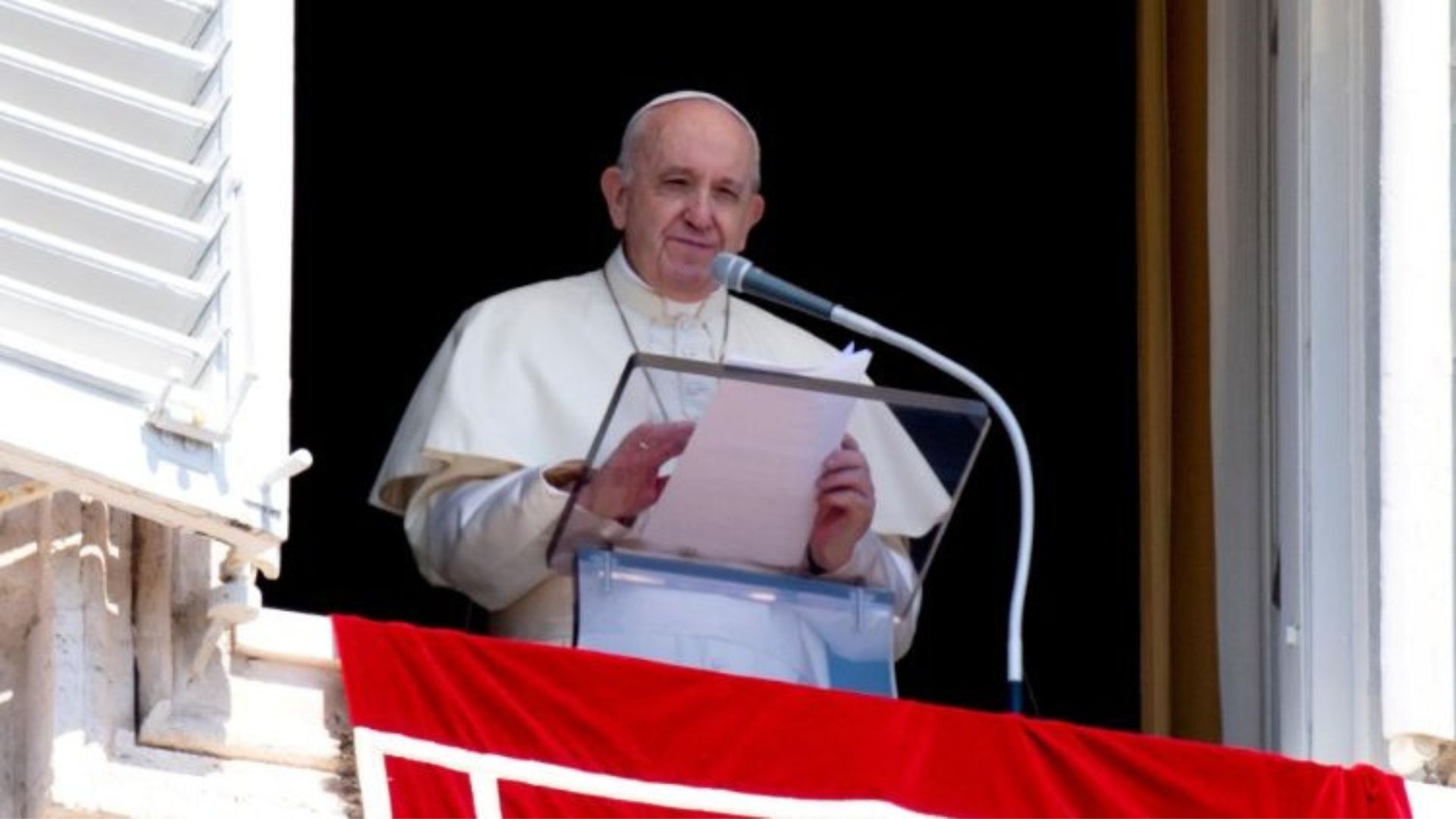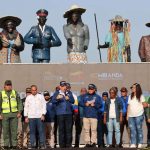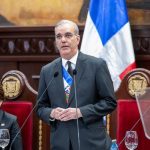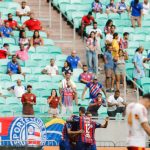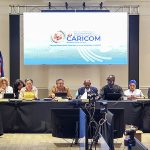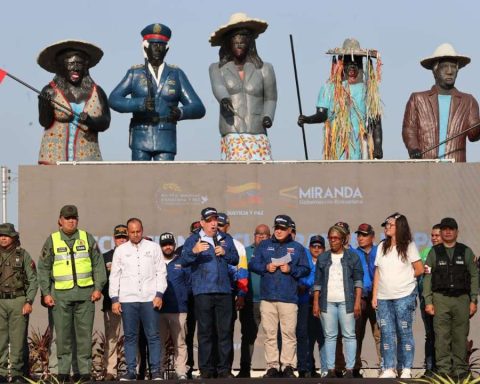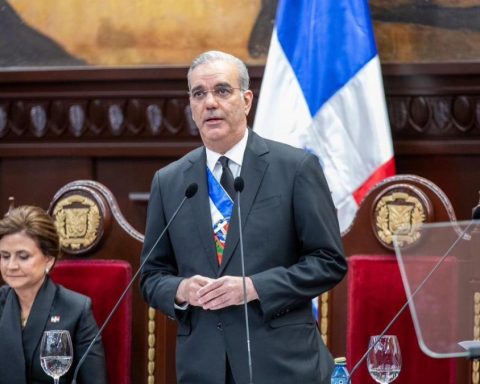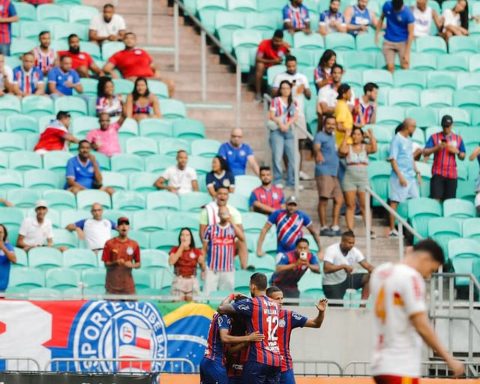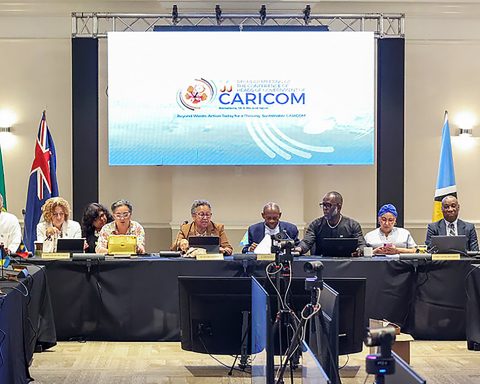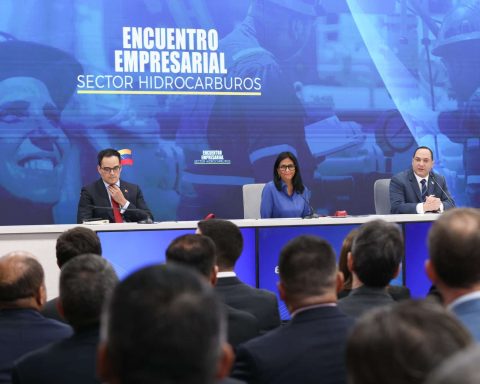Pope Francis expressed this Sunday, August 21, his wish that in Nicaragua there is a “sincere dialogue” between all sectors of the country to build a “respectful and peaceful coexistence.”
In addition, he stated that he was pained by the latest events in the country, which involves a growing religious persecution promoted by the dictatorship of Daniel Ortega and Rosario Murillo.
Related news: Cenidh to Ortega: “What is happening with Monsignor Álvarez?”
“I closely follow with concern and pain the situation created in Nicaragua that involves people and institutions,” said the Pope, implicitly alluding to the situation of the Church in Nicaragua, persecuted by Ortega.
In line with previous interventions, the Pontiff asked that there be an “open and sincere” dialogue within the country to redirect the situation in Nicaragua.
«I would like to express my conviction and hope that through an open and sincere dialogue the bases for a respectful and peaceful coexistence can be found. Let us ask the Lord, through the intercession of the Immaculate, to inspire in the hearts of all such a concrete will,” exhorted the highest leader of the Catholic Church from Saint Peter’s Square in the Vatican, after presiding over the traditional prayer of the Angelus.
Silence is not inaction, according to Vatican official
Until now, the Pope had refrained from speaking in public about the dramatic situation in Nicaragua.
In this sense, the secretary of the Pontifical Commission for Latin America, the Mexican theologian Rodrigo Guerra, regretted that Francis had been publicly criticized by sectors of the Nicaraguan opposition and by other political activists at the international level and explained that the “silence” of the Pope did not it was ‘inactivity’.
“Attentive to the prayerful silence of the Pope, which is never an apathetic silence, but rather the silence of a pastor who watches over his people before ideological positions (…) A papal silence does not mean inactivity or lack of decision, no, nothing of that; it means that they are working on other planes. And at the time the Holy Father sees fit, of course, he will have an intervention », detailed Guerra in statements to the Catholic news agency Aleteia.
In the same interview, Guerra said that the political polarization in which some politicians, activists and even people from the media wanted to involve Francisco, calling him out for “being silent” in the face of the situation in Nicaragua is not understanding how the diplomacy of the Holy thirst.
“In this type of tension there are also groups that are polarized and believe that courage is identified with hyperprominence and exaltation. And it is not like that. Here it is necessary, above all, to be concerned so that the people are not sacrificed or harmed. And an exalted statement in these contexts can easily lead to undesirable consequences,” explained the Holy See official.
Related news: Pope Francis’ silence “does not mean inactivity or lack of decision,” says Vatican delegate
The Mexican theologian insisted that Vatican diplomacy is used to working in very complex contexts.
“They believe that politics is done mainly through speech and that if there is no public declaration from the Pope, it is that the Holy See is abandoning the Nicaraguan bishops or is becoming an accomplice of the dictatorships. No, it’s not like that. That the Pope in particular does not speak out publicly does not mean that there is no follow-up, attention, care and work,” the official insisted.
